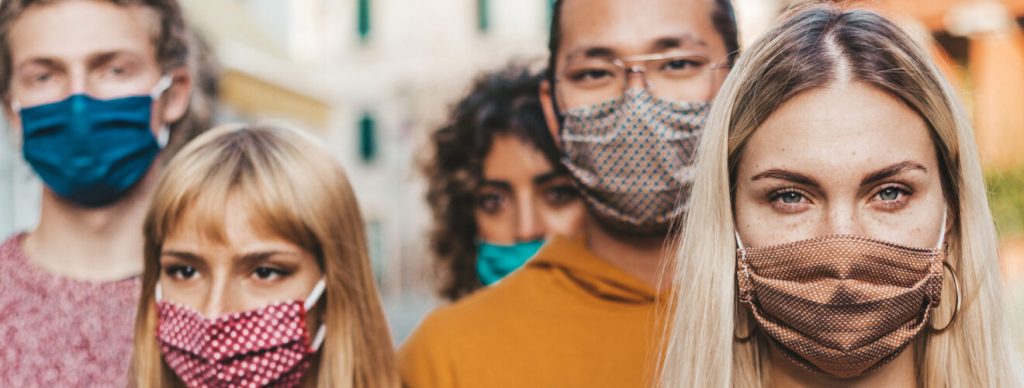The 2021 Autumn Budget and Spending Review: what does it mean for educational inequalities?
By Blog Editor, IOE Digital, on 29 October 2021
 Claire Crawford, Centre for Education Policy and Equalising Opportunities.
Claire Crawford, Centre for Education Policy and Equalising Opportunities.
The pandemic has disrupted life for everyone, but children and young people have seen perhaps the biggest changes to their day-to-day lives, with long periods spent away from school and their friends leading to significant rises in mental health difficulties and a substantial reduction in learning. Moreover, these challenges have not been felt equally: the evidence suggests that the pandemic has also led to a rise in inequalities between children from different socio-economic backgrounds, from the early years through to secondary school and beyond.
A budget and multi-year spending review delivered against a backdrop of the highest peace-time borrowing levels ever, and by a chancellor on a ‘moral’ mission to limit the size of the state, was unlikely to deliver the sort of investments in education that Sir Kevan Collins hoped to see when he took the role of ‘catch-up tsar’ earlier this year. But what did it deliver for education? And is it likely to help roll back the rises in educational inequalities that the pandemic has generated? (more…)
 Close
Close







 Ken Spours and Paul Grainger.
Ken Spours and Paul Grainger.